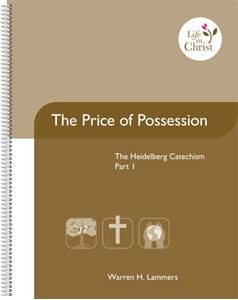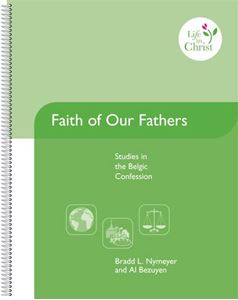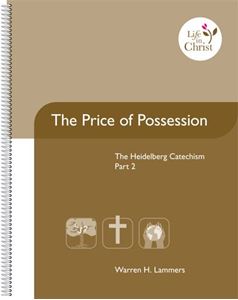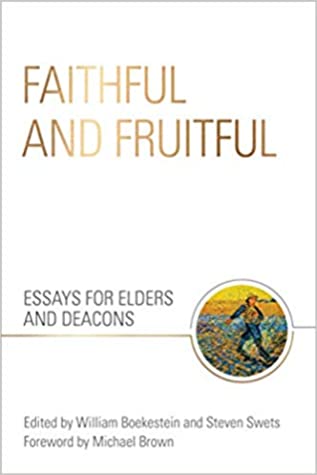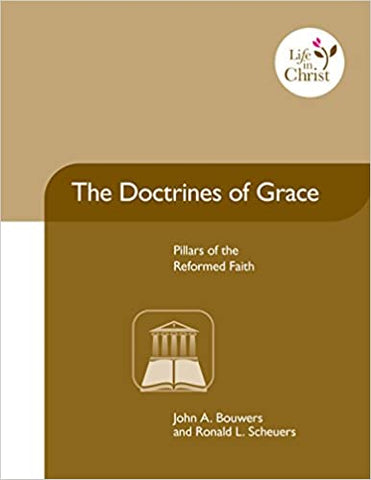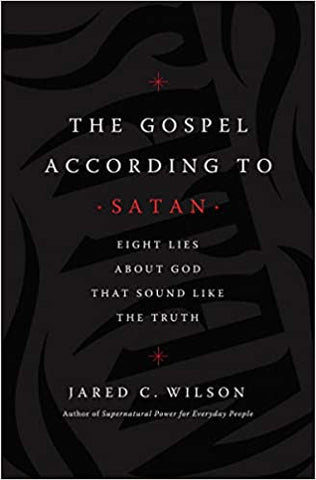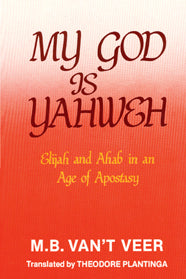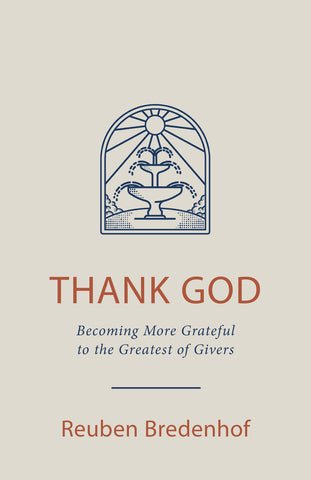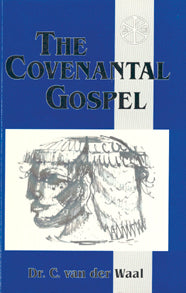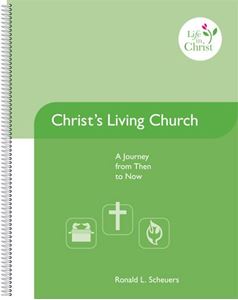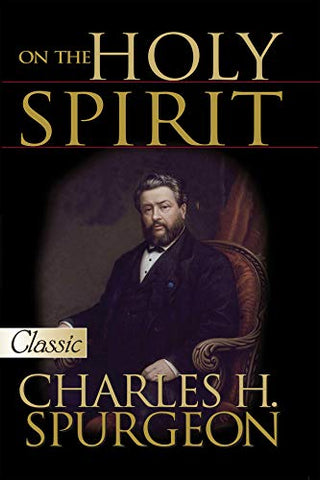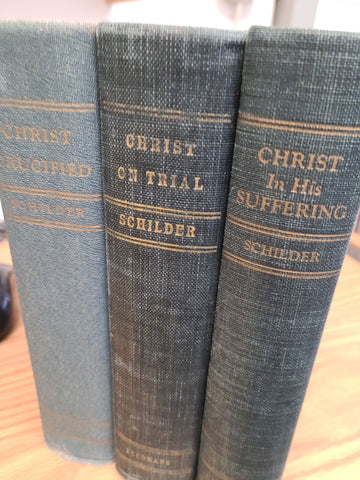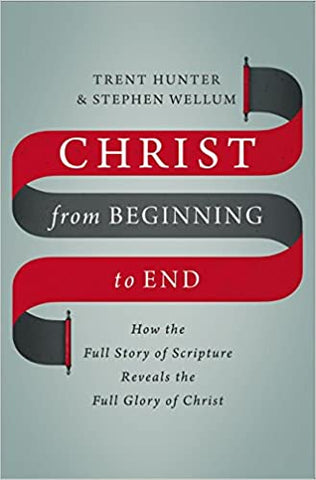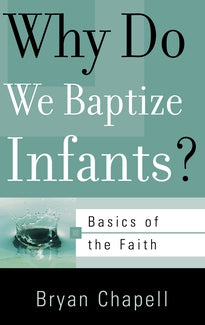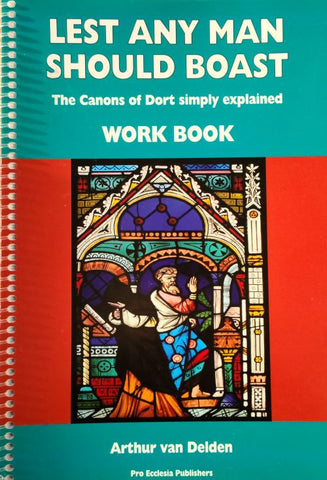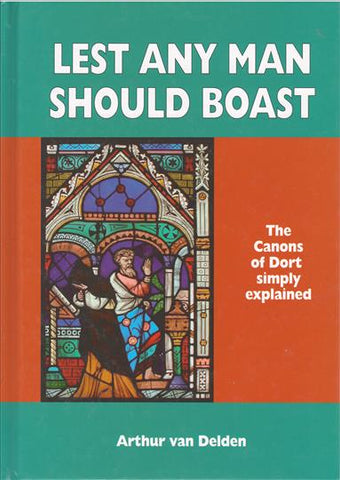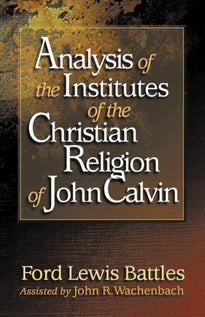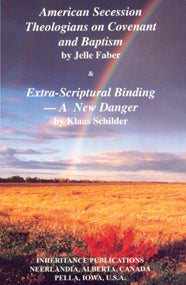Thomas Aquinas
Print Book
2 In Stock
Written by K. Scott Oliphint
“The prince and master of all Scholastic doctors,” Thomas Aquinas (1224?–1274)
has profoundly impacted thinkers both inside and outside the Roman Catholic Church for more than eight hundred years.
Scott Oliphint’s unique study focuses on Aquinas’s dualistic approach to the natural and revealed knowledge of God and his use of Aristotelian metaphysics. Oliphint provides a response to this methodology in the context of historic Reformed thought and the doctrines of revelation and Scripture.
Pastors, theologians, philosophers, and students will benefit from Oliphint’s clear, precise, and succinct analysis—as well as from his forceful critique.
Endorsements
“This brief study focuses appropriately on the foundational principles that control the thought of Aquinas, showing, along with its notable strengths, the deep tensions inherent in it and its incompatibility as a whole with epistemology that would be true to the self-attesting revelation of God in Scripture. This fundamental failing is brought to light especially in his related views of natural reason as neutral and natural theology. The author’s treatment warrants careful consideration by all those interested in understanding Thomas and subsequent Thomist positions.” —Richard B. Gaffin Jr., Emeritus Professor of Biblical and Systematic Theology, Westminster Theological Seminary
“Thomas Aquinas is a familiar name to students, clergy, and theologians. He towers over the history of theology. But his work is often simplistically dismissed or badly misunderstood. Regrettably, while many read about him, few read him. But that is rapidly changing: we are in the midst of a revival of serious interest in Aquinas, particularly among Reformed theologians. Historians of the Reformed tradition working in primary texts have reminded us of facts easily overlooked: that there is Thomas and there are Thomisms, that Thomisms of various kinds significantly influenced the early Reformed theological tradition, and that understanding the relationship of Thomisms to Reformed theology requires patience and nuance. In an earlier generation, Cornelius Van Til helped focus some of the most important epistemological and theological questions that we must ask of Aquinas and his legacy. Professor Oliphint has come along to help us do just that, with the result that we have an informed, succinct, and edifying entrée to one of the most important thinkers in the history of Christianity. Students of Aquinas would start their reading here with great profit.” —Mark A. Garcia, President and Fellow of Scripture and Theology, Greystone Theological Institute
“Despite the limited scope and brevity of Oliphint’s discussion of Thomas Aquinas, it wonderfully contrasts how Aquinas and later Reformed theology think of the two foundations of the Christian faith: namely, knowledge and existence. This study accurately captures the central points of Aquinas’s view and offers a cogent, biblical, Reformed corrective. Furthermore, this study nicely demonstrates how a Reformed corrective to Aquinas is foundational to a sound Christian theology today, especially as grounded in the glorious triune God and his revelation. I enthusiastically recommend this work for all students of theology and apologetics.” —Stephen J. Wellum, Professor of Christian Theology, The Southern Baptist Theological Seminary
“Aquinas is a name not simply relegated to college textbooks on medieval philosophy or theology. There are schools and colleges by that name, one of which stands for magisterial Roman Catholic teaching. Oliphint takes a well-known name and gives it a life and historical context—which he accomplishes brilliantly, demonstrating Aquinas’s premodern foundationalism, and then entering the complex world of Roman Catholic Aquinas interpretation. Having first mastered the massive primary sources and a host of competing scholarly interpretations, Oliphint in his clear writing style and with his vast knowledge of the material boils down complex issues as he draws his readers into solid conclusions. Had he stopped there, the work would be valuable for its penetrating analysis. But Oliphint’s critique is the icing on the cake. Beyond the fact that Aquinas did not properly account for the depth of sin in non-Christian thinking, Oliphint argues compellingly that Aquinas was completely incorrect concerning the self-evident nature of the knowledge of God, was inadequate in his proofs for God’s existence, and had a faulty doctrine of God. One piece of critique cake is Oliphint’s analysis of God’s simplicity, beginning with Aquinas and following through to Alvin Plantinga. Another is Oliphint’s presentation of Aquinas’s mishandling of important apologetic texts (such as the Areopagus address and parts of John), demonstrating that some of Aquinas’s fundamental errors are still included in contemporary evangelical and Reformed commentaries. Scott Oliphint has spent a lifetime walking with Christ, speaking about Christ, preaching and teaching Christ, and defending Christ’s name in the public arena. His books and articles have proved extremely helpful to me and to thousands of others. All of us interested in presenting Christ in his fullness rejoice at this latest contribution from Oliphint’s pen, and we look forward to more.” —Richard C. Gamble, Professor of Systematic Theology, Reformed Presbyterian Theological Seminary
“Thomas Aquinas epitomizes the best and the worst of medieval scholasticism. While acknowledging the Angelic Doctor’s keen mind and prolific pen, Scott Oliphint exposes some serious defects in Aquinas’s theological method that have significant ramifications for theology proper. In short, Thomas attempts to place sacred theology on an edifice of ‘natural theology’ that he erects with the tools of autonomous human reason. The result, sadly, is a theological enterprise that resembles the efforts of the tower-builders at Babel (Gen. 11:1–9): a theology from the ground up. In contrast, Oliphint commends a distinctively Reformed method of theology based on the principles of sola Scriptura, sola gratia, sola fide, and solus Christus. In so doing, he follows the pattern established at Bethel (Gen. 28:10–22): a theology from above that begins and ends with the self-revelation of the triune God. Serious students of theology should acquaint themselves with Aquinas’s contributions to theology. But they should also be aware of his critical missteps. That’s why Oliphint’s primer on Aquinas’s theological prolegomena is so important. I highly recommend it!” —Robert Gonzales, Academic Dean, Reformed Baptist Seminary
Paperback, 168 pages



